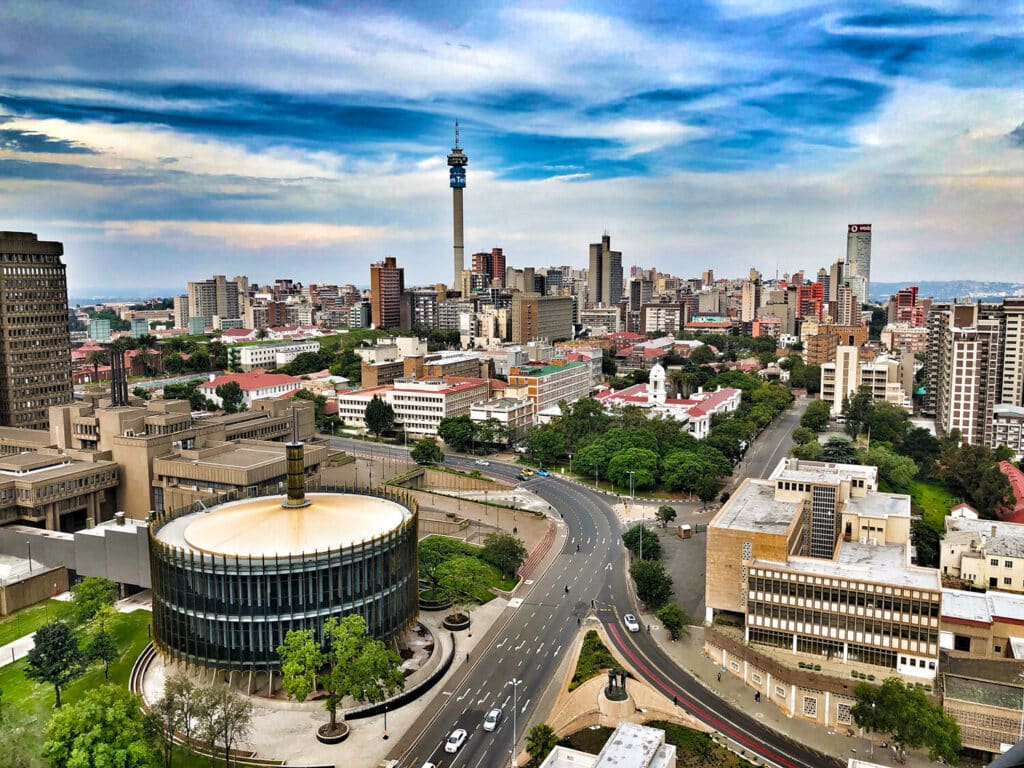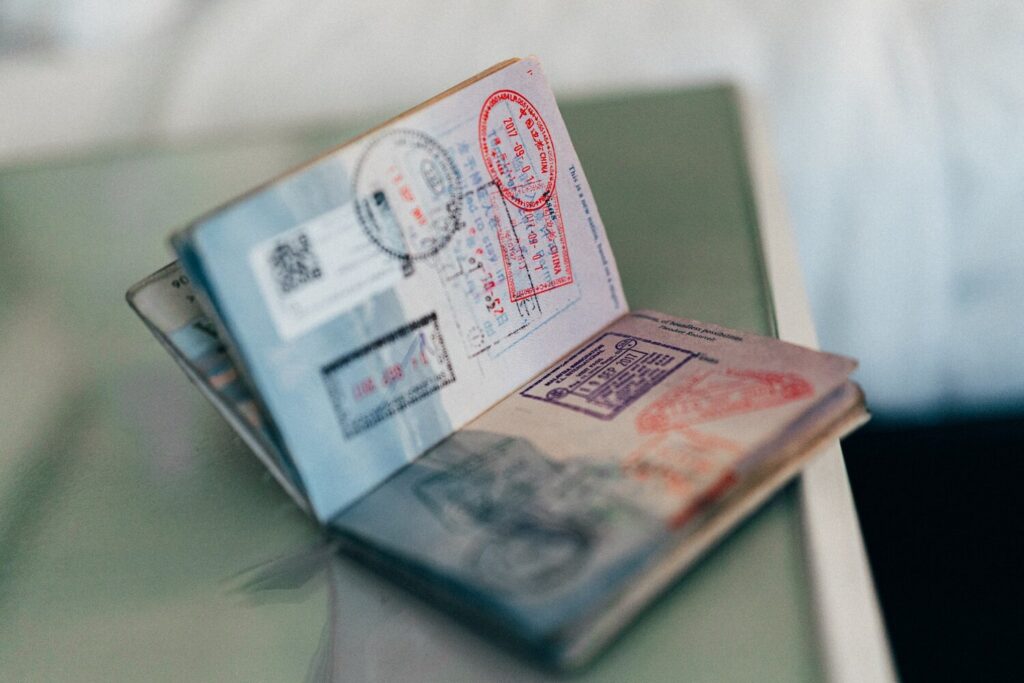
South Africa Plans to Launch a Digital Nomad Visa in 2024
South Africa has officially announced plans to launch a digital nomad visa in 2024. President Cyril Ramaphosa recently unveiled details for the introduction of two new visa categories aimed at attracting foreign remote workers and skilled professionals to the country. This initiative underscores South Africa’s recognition of the shifting global work landscape and would make it the fifth African country to offer a digital nomad visa after Cape Verde, Namibia, the Seychelles, and Mauritius.
Opening Doors to the World
The digital nomad visa, as outlined by Ramaphosa in his newsletter, is designed for individuals who wish to live in South Africa while remaining employed by companies based outside of the country. This visa category aims to leverage the country’s scenic beauty, favorable climate, and vibrant cultural scene to attract skilled workers from around the world who cherish the flexibility of working from any location. This represents a strategic move to boost the local economy by increasing foreign spending and fostering cultural exchange without displacing local jobs.
The second category, the “critical skills” visa, introduces a points-based system for applicants that evaluates them on factors such as age, qualifications, work experience, language proficiency, and job offers. This approach is tailored to fill gaps in the local workforce by attracting talent in sectors deemed critical for the country’s economic and technological advancement.
While the specifics of the qualification criteria for these visas are still under development, eligibility for the digital nomad visa does include a minimum annual income threshold of R1 million (approximately $55,000) in order to ensure that applicants can significantly contribute to the local economy while maintaining a high standard of living. The economic implications of welcoming digital nomads are considerable. With nomads spending an average of $2,000 monthly on various expenses, the inflow of these individuals can stimulate local businesses and foster a vibrant, international community that benefits all.
Overcoming Hurdles for Digital Nomad Visas
However, the journey to implementing the digital nomad visa is not without its challenges, as South Africa’s current regulatory regime presents hurdles that must be overcome. These include amendments to existing laws such as the Income Tax Act and the Copyright Bill, which would potentially give universities and other institutions the right to reproduce software products without being required to pay the producers of the products. Nomads building proprietary software while working in South Africa may be disincentivized to work in the country if this amendment passes.
Despite these challenges, the push for a digital nomad visa in South Africa reflects a forward-thinking approach to economic development and cultural exchange. By opening its doors to digital nomads, South Africa not only stands to benefit economically but also culturally, as the influx of global citizens fosters a more diverse and innovative community. As the country works through the regulatory and logistical hurdles, the vision of becoming a haven for digital nomads moves closer to reality, promising a new chapter in South Africa’s engagement with the global digital economy.









Responses